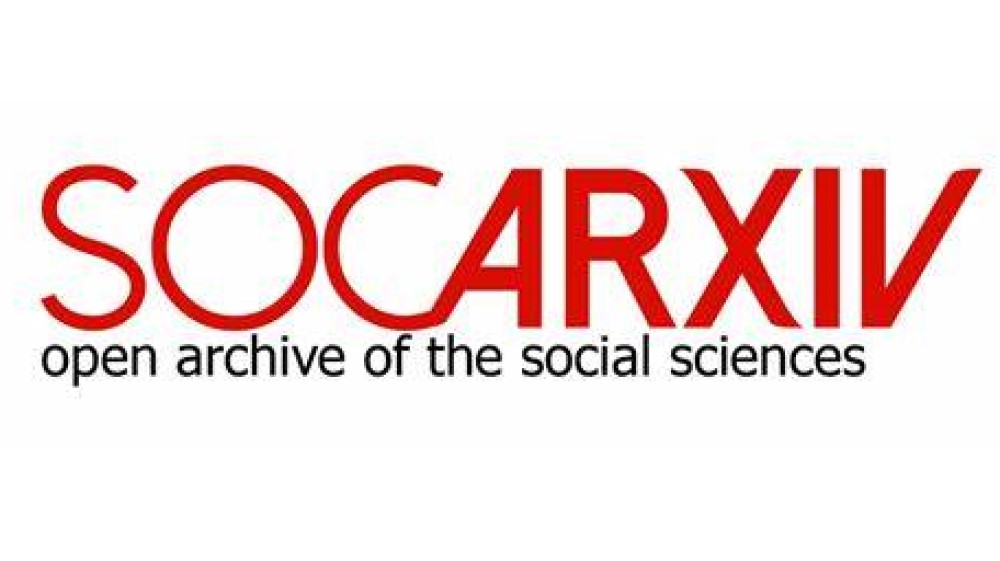Abstract
The role of genes is largely ignored in studies on equality of opportunity (EoO). We theorise how genetic influences should factor into these discussions regarding social stratification outcomes. Fair EoO accepts genetics as a source of individual differences in high education and high income. Luck-egalitarians do not perceive genes as a legitimate source of inequality and expect genetic influences to be weak. Neither perspective allows for systematic variation by socioeconomic standing (SES). We test these assumptions with twin methods using register data from Finland. In this highly egalitarian welfare state, gene-related inequalities should be either particularly contrasted or minimised, depending on the theoretical account being followed. Both fair and luck-egalitarian EoO expectations are only met for low-income: genetic influences were minimal and equally important across the social strata. By contrast, for high education and high income, genetic influences were strongest in high SES families. Regarding low education, they were highest in low SES families. Additionally, genetic correlations between GPA and educational outcomes varied by SES. Together, our findings suggest that compensatory and multiplicative advantages operate for the benefit of high SES families, conflicting with any understanding of the EoO, even in the most egalitarian country.
